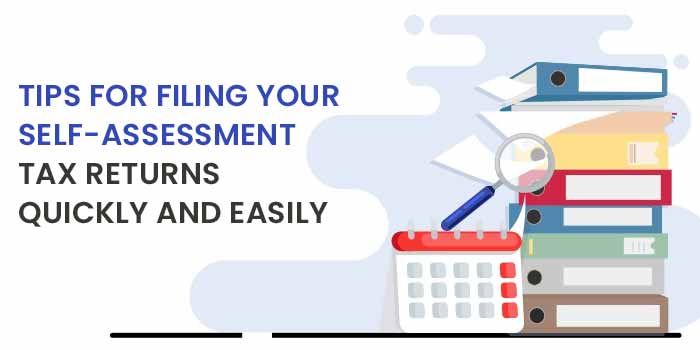
Finance & Accounting
Your business may be liable to pay tax on its profits under the Construction Industry Scheme (CIS) if you meet certain criteria. If you’re self-employed, your CIS tax return must be submitted by 31 January following the end of your accounting period if you want to use the safe and easy way to file your self-assessment tax returns with HM Revenue & Customs (HMRC). That way, they can begin processing it straight away, and there won’t be any penalties if it’s filed within this time frame.
The deadline for filing self-assessment tax returns and making payments is 31 January. Being organised in December will help you prepare for this deadline. Begin by gathering together all your paperwork, such as invoices, receipts, bank statements and P60s to work out your taxable income and gross profit from the Construction Industry Scheme (CIS). This will also be useful when you’re filling in form CIS supplementary statement of profits and losses or form CIS annual return of net profits. You should also organise your deductions so that you can work out the amount of tax payable on your profit from the CIS.
If you have made a loss, there will not be any tax payable on the CIS. If you have made a profit, then HMRC expects 25% of it to be paid back through Corporation Tax which would usually come out at 10% with 20% coming back in dividends. If the business has been profitable over the last 12 months and has not been paying Corporation Tax due to previous losses, then it may not need to make a payment now but watch this space. It is always worth getting advice if unsure!
If you’re self-employed, there are a lot of documents that you need to gather before filing your self-assessment tax return. You’ll need to have your P60 and P45, as well as any invoices or receipts that show how much tax has been paid on your behalf. Depending on what you’re claiming as relief, you may also need a certificate of employment or one from HMRC showing the date your company was established.
If you operate under the Construction Industry Scheme (CIS), then this will also be necessary when filing. The CIS is designed for freelancers who carry out construction work and it lets them set off their income against expenditure in order to calculate their taxable profits. It’s worth knowing that, while not all construction workers are eligible for this scheme, if you do qualify, you can deduct up to £1 million per year without having to submit proof.
If you’ve got everything sorted and know what type of documents you’ll need, it’s time to get started with filing your self-assessment tax return online. For most people doing so won’t take long at all – even if they’ve got a relatively complicated financial situation like running two businesses with different accounts – but those who earn over £150k per annum should ensure they’ve got everything ready before starting the process. Doing so will make the task quicker and easier so that it can be completed in just 20 minutes!
You can register for Self Assessment online using HMRC’s online services or by calling their helpline. When you start your Self Assessment tax return, you’ll be asked to select a Construction Industry Scheme (CIS). If you were self-employed in the construction industry, a CIS is a scheme for deducting money from your profits for tax purposes and paying it to the government.
You don’t need to register for a CIS if you’re not self-employed in the construction industry, but this scheme is suitable if your business deals with property development or construction. If you’re unsure whether or not you should register for one, call HMRC’s helpline and they’ll advise whether it’s worth it. Registration is easy and free, so there are no downsides. All you have to do when filling out your Self Assessment tax returns online is choose which Construction Industry Scheme you want to use.
If you’ve never done anything like this before, take some time over the next few weeks going through any paperwork that relates to your income and expenditure over last year so that when filing up comes around – which will also feel less daunting as well – it’ll seem like just another form!
Fill in your self-assessment tax return by following these tips:
On top of that, there may also be things like pension contributions and share investments which needs to be take into account when filling out your self-assessment tax return.
Construction Industry Scheme (CIS) is a special tax scheme that was introduced by the UK government to help construction companies win work and invest in the business. If you are running a small or medium sized construction company, then you’ll need to find out more about CIS and how it may benefit your business. Here at H&R Block, we have put together some tips to help you file your self-assessment tax returns quickly and easily.
We hope they will prove useful! Construction Industry Scheme is a special tax scheme that was introduced by the UK government to help construction companies win work and invest in their businesses.
The idea behind the system is simple: if you are running a small or medium sized construction company, then you’ll need to find out more about CIS and how it may benefit your business.
H&R Block has put together some tips on what documents might be needed for self-assessment tax return filing which could be helpful for new businesses: You can claim an input VAT deduction if materials for constructing a building were bought within 3 months of supplying them to the customer – unless this exception does not apply because of when any agreements on them came into force.